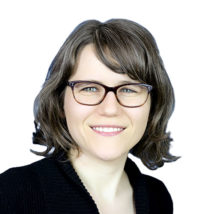
Emily Conover
Physics, Senior Writer, Science News
Physics writer Emily Conover loves physics for its ability to reveal the secret rules about how stuff works, from tiny atoms to the vast cosmos. Before becoming a science journalist, she studied physics at the University of Chicago. There, she investigated the weird ways of tiny particles called neutrinos. She has previously written for the Milwaukee Journal Sentinel, Science Magazine and the American Physical Society. She is a two-time winner of the D.C. Science Writers’ Association Newsbrief award.

All Stories by Emily Conover
-
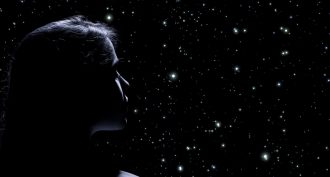 Brain
BrainOur eyes can see single specks of light
The human eye can detect a single photon. This discovery answers questions about how sensitive our eyes are. It hints at the possibility of using our eyes to study issues of quantum-scale physics.
-
 Physics
PhysicsFalling through Earth might be a long and fruitless trip
A classic physics problem asks what would happen if you plunged through Earth’s center. A new study contends you could never make it to the other side.
-
 Physics
PhysicsWhy the knuckleball takes such a knucklehead path
They used to say it was how the seams interacted with the air. The new explanation is different. Scientists say its due to a ”drag crisis.”
-
 Animals
AnimalsSnout goo may help sharks sense prey
Scientists may be one step closer to understanding how sharks sense their prey. Pores on their snout and face are lined with a gel that may help relay electrical currents created by prey’s movements.
-
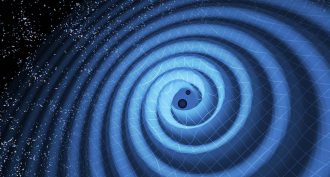 Physics
PhysicsGravity waves are seen again
Four months after scientists announced the first detection of gravity waves, another set of ripples in spacetime have emerged. The new ones come from the clash of mid-size black holes in the distant universe.
-
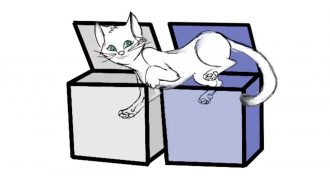 Physics
PhysicsFamous physics cat now alive, dead and in two boxes at once
Splitting Erwin Schrödinger’s famous — and fictitious — cat between two boxes brings scientists one step closer to building quantum computers from microwaves.
-
 Climate
ClimateZapping clouds with lasers could alter Earth’s climate
Scientists zapped ice crystals in a lab. They were exploring whether this approach might be used to break those crystals in clouds — potentially as a way to cool Earth’s fever.
-
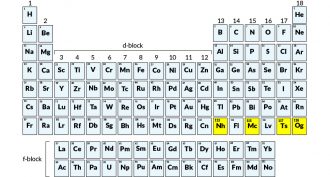 Chemistry
ChemistryThe newest elements finally have names
Nihonium? Tennessine? These aren’t body parts or medicines. They’re among the names just given to the four newest superheavy elements.
-
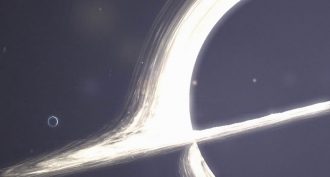 Physics
PhysicsSpinning black holes may ‘sing’ during a collision
The massive black hole in the movie Interstellar would create a unique gravity-wave signal when gobbling a smaller partner.
-
 Physics
PhysicsPossibility of strange new particle surprises physicists
Last winter, physicists at the Large Hadron Collider detected hints of a particle beyond their wildest dreams. Soon they may learn if it’s real.
-
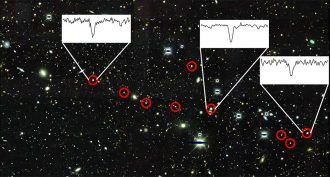 Chemistry
ChemistryDwarf galaxy spawned heavy elements
A study of nine stars in the dwarf galaxy Reticulum II found heavy elements. They had been produced after a violent stellar event sparked a chemical chain reaction.
-
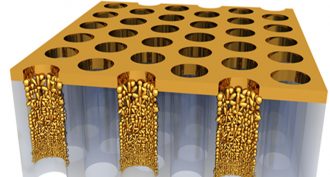 Physics
PhysicsSunlight + gold = steaming water (no boiling needed)
Nano-gold is the new black, at least when it comes to absorbing heat. When tiny gold particles get together, they become energy super-absorbers — turning them black.